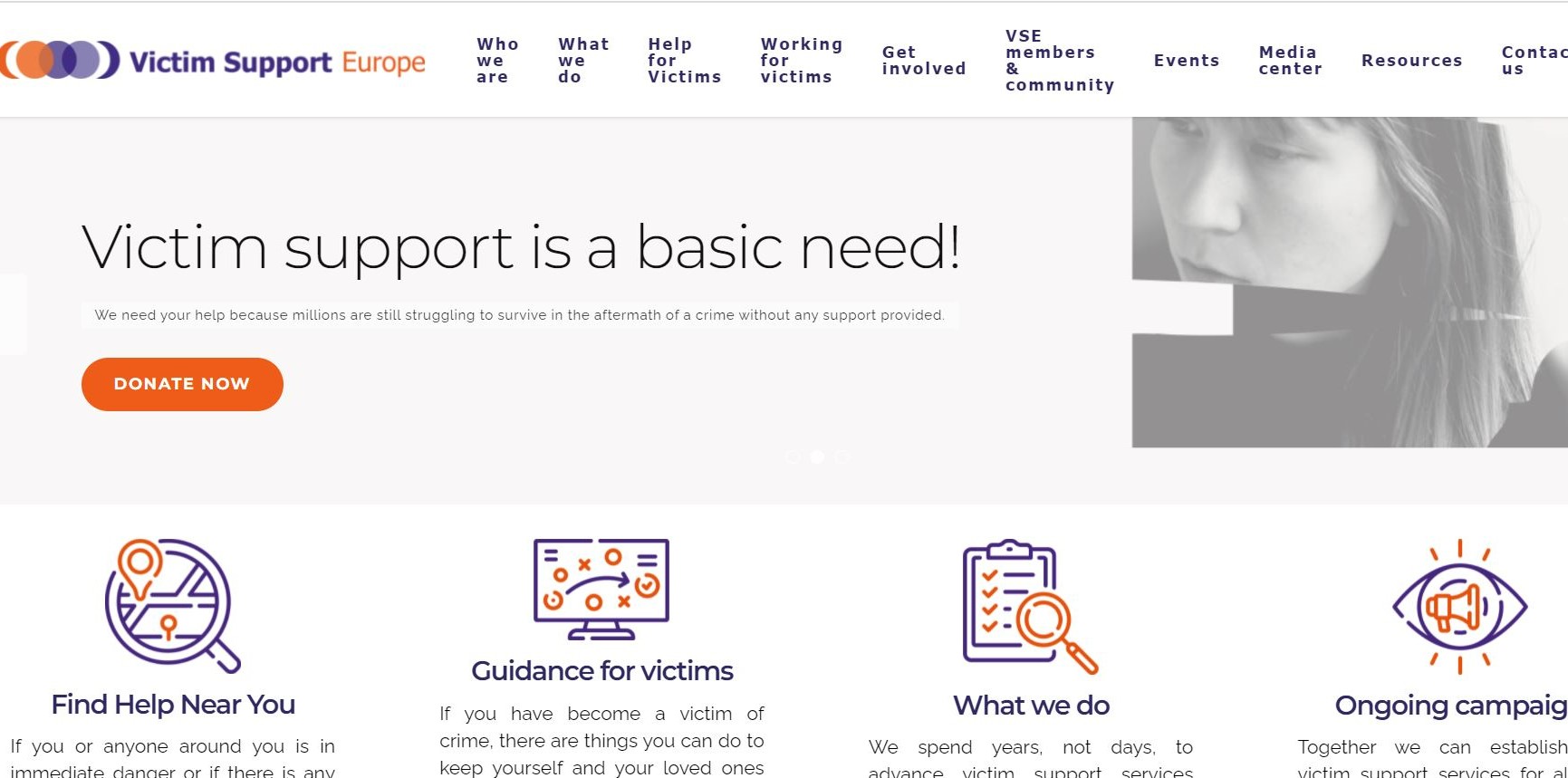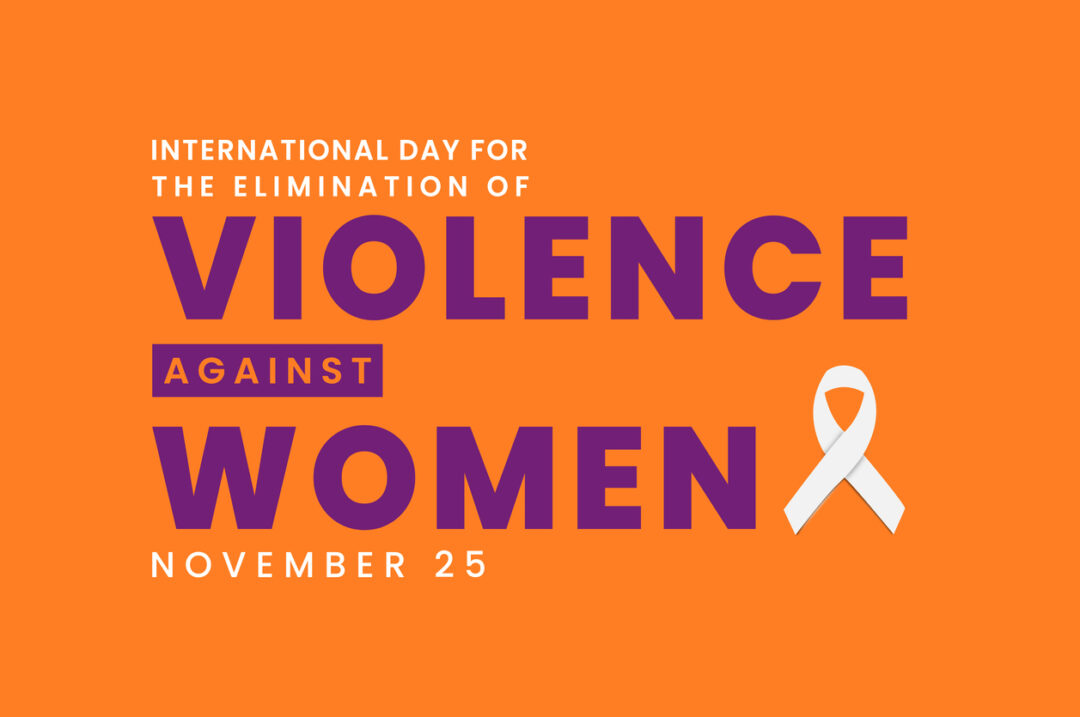Interview with SHINE Advisory Board Member – Aleksandra Ivankovic (Deputy Director – Victim Support Europe)
We have met with Aleksandra Ivankovic, Deputy Director of the international non-profit organisation Victim Support Europe and Advisory Board Member of the European SHINE project on the prevention and mitigation of sexual harassment in nightlife venues, in which Efus is a partner.
You participated in Efus’ Security, Democracy and Cities conference (Nice, 20-22 October 2021), where the SHINE project was also represented. What are your key takeaways?

It was the first time I attended Efus’ Security, Democracy and Cities conference and I was impressed by the range of topics that were addressed, which are all important questions of our time, and the variety and quality of the speakers. Also, I really appreciated the fact that it was an in-person event: after a year and a half working from home, I was keen to have personal interactions. The event gave me a good insight into how things work at the local level. As I have spent most of my career working at an international level, and in the past five years have been focusing on European policies for victims of crime, it was interesting to see how diverse things are at the local level.
What is the pertinence of victim support tools and services when it comes to preventing and mitigating sexual harassment and how can they nourish the SHINE project?
The best form of victim support is making sure that crime does not happen, so prevention is really important. However, as prevention obviously cannot deter 100% of crimes, support is the next best thing we can do for victims. The first step in supporting victims of any crime, but particularly of any form of sexual violence, is to believe them and stop blaming themfor what happened. Too often, we ask ourselves and get victims to ask themselves: What have they done to ‘deserve’ it? Supporting victims means starting asking ourselves and the perpetrators: What made them think they deserve it? It may sound like a cliché, but 100% of sexual crimes are caused by sexual criminals, and none are caused by the victims’ clothes, itinerary, sexual history or drinking habits. I do hope that the SHINE project will help push forward this argument.
What key recommendations would you give to local authorities that want to work with victim support associations? How can they effectively cooperate at an operational level? What are the key tools to use?
Victim support is an ongoing societal service, and not a project, and authorities at all levels need to build sustainable funding for victim support services into their spending planning. Also, we cannot isolate victim support at one level or in one area only – it has to be available everywhere, at any time, and with no strings attached. Victim support needs to be based on the rights, but driven by the needs of victims.
There are many ways to make this happen – we recommend starting with developing effective and accessible information tools for victims, conducting individual risk and needs assessments and putting in place robust referral mechanisms to enable victims to access support services and receive them as long as they need.
There are a lot of tools and materials on Victim Support Europe’s website, and we are always available to provide guidance, advice, training, and otherwise support the development of victim support services across Europe. So please get in touch, we’ll be happy to respond.





